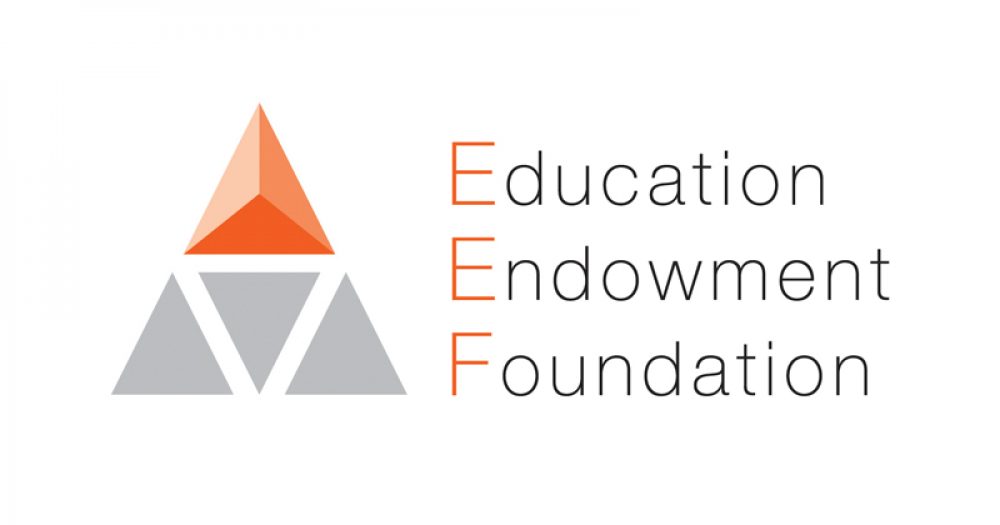Using calculators in maths lessons doesn’t erode pupils’ skills and may actually make them better at problem solving, according to new research from the Education Endowment Foundation.
The report on ‘Improving mathematics in key stages 2 and 3’ found that calculators do not hinder the development of pupils’ arithmetic abilities, and has a positive impact when it is constructively built into learning and assessment.
The EEF reviewed a variety of sources of evidence from different research projects and found that while primary pupils should not use calculators every day, secondary pupils should have frequent unrestricted access to calculators.
“As with any strategy, it matters how teachers and students use calculators,” researchers said.
“When integrated into the teaching of mental and other calculation approaches, calculators can be very effective for developing non-calculator computation skills; students become better at arithmetic in general and are likely to self-regulate their use of calculators, consequently making less (but better) use of them.”
Sir Kevan Collins, the EEF’s chief executive, said teachers should focus on using calculators “in a considered and thoughtful way, particularly with younger students”.
“It’s often said that calculators can harm students’ arithmetic skills. What this review finds is that they can actually boost pupils’ fluency and understanding of maths,” he said.
The report looked at” the best available evidence” to give teachers clear ideas of what works in maths teaching, he said.
“The findings will help schools navigate the wealth of information out there and give all their pupils the knowledge and skills they need to succeed.”
Other findings from the report include:
Avoid setting or streaming
Grouping pupils for maths based on prior attainment is generally not helpful at secondary level. Within-class grouping at primary level may have some positive effect, but only if there are opportunities to move easily between groups.
Make sure homework is productive
Homework is generally more effective for secondary pupils than for primary ones, and tasks should encourage students to engage actively in the topic they are learning rather than complete a rote learning task or finish off classwork.
Don’t overwhelm pupils with too much feedback
In maths, feedback should be used sparingly and be “predominantly reserved for more complex tasks” to encourage pupils to persevere with tricky work.
Encourage collaborative learning
Collaborative learning improves attainment and attitudes at primary and secondary level, though more so for older pupils. The evidence suggests that pupils need to be taught how to work effectively together, which can take time and involve changes to the classroom culture.
Structure class discussions
It is helpful for teachers to incorporate discussion into their lessons, and they should try to scaffold pupils’ contributions. Leaving wait time for a pupil to answer can be a good way to encourage them to take their explanation a step further or listen to each other.
Surprise pupils with new problem
Teachers should set some problems for which pupils don’t already have rehearsed methods for solving. Pupils benefit from using and comparing different problem-solving strategies, and at primary school it is better to focus on making sense of a problem, rather than solving it.
Keep learning how to teach better
Knowledge of different ways to teach is “crucial” in making the most of resources and finding the right interventions to boost pupils’ attainment. Professional development is needed to make sure teachers can continue to learn and improve themselves.







Your thoughts